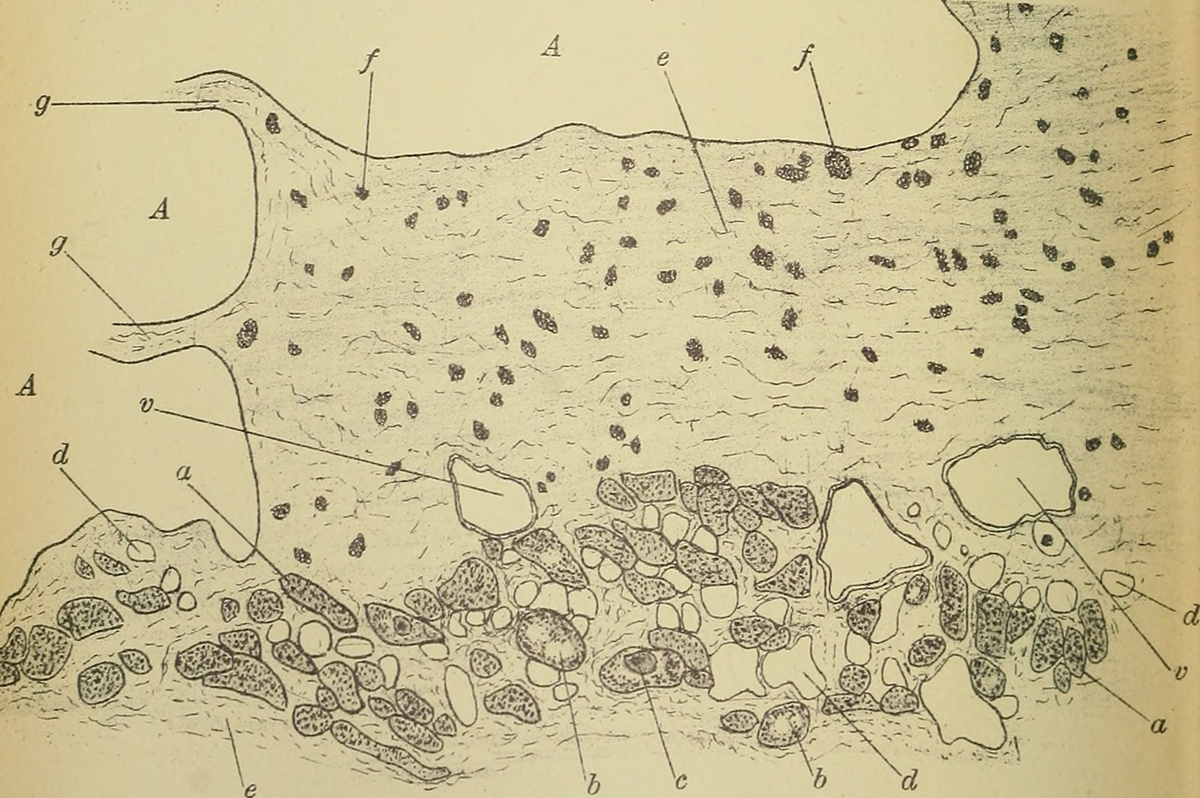
Myocarditis
Myocarditis is inflammation of the heart muscle. The heart consists of pericardium, myocardium and endocardium. Myocardium is the middle layer of the heart and myocarditis is actually inflammation of this part of the heart. This medical condition features with pain in the chest, irregularities in heart beat and some other symptoms and signs.
In severe cases of myocarditis the heart is not able to pump the blood properly and a patient may end with life-threatening heart failure. Additionally, myocarditis carries significant risk of clot formation which eventually may lead to a stroke or even heart attack.
Myocarditis can affect people of all age. It is more common in men than in women. The underlying cause of the disease determines the treatment.
Causes of Myocarditis
There is a variety of causes that can lead to myocarditis.
Inflammation of the heart muscle can be caused by infective agents. Bacterial myocarditis is caused by bacteria. Apart from bacteria viruses and fungi can be the culprits of this medical condition as well. Still out of all the infective agents viruses are the leading cause of inflammation of the heart muscle.
Viral myocarditis most commonly develops after viral infection of upper respiratory tract. Coxackie virus is predominant cause of viral myocarditis. This virus can cause serious damage to the heart muscle. Apart from coxackie virus myocarditis can be caused by echovirus, influenza, Epstein-Barr virus, rubella, varicella, mumps, and hepatitis viruses. Even people suffering from HIV may eventually develop myocarditis. The virus in some HIV patients directly affects the muscle tissue.
Bacterial myocarditis is caused by specific type of bacteria including Staphylococcus aureus, enterococci and Corynebacterium diphtheriae. In myocarditis caused by Corinebacterium diphtheriae the bacterial toxin directly damages the heart muscle and in some cases the patient may end with severe heart failure. Myocarditis can be one of the complications of Lyme disease which is caused by bacterium Borrelia burgdorferi.
In some people myocarditis is caused by parasites. Chagas' disease is a typical representative of parasite induced myocarditis. The parasite is transmitted by an insect bite and myocarditis occurs many years following the initial infection. Myocarditis in Chagas' disease is a chronic and progressive and eventually results in heart failure.
Giant cell myocarditis is not so frequent form of myocarditis. It most commonly affects people who are already suffering from certain medical conditions such as systemic lupus erythematosus, thymoma or thyrotoxicosis.
Myocarditis can additionally affect alcoholics and those who have been chronically exposed to certain chemicals such as hydrocarbons or arsenic. Even certain medications can be a cause of myocardytis. Doxorubicin and cyclophosphamide are only some of them.
And finally, people who have undergone irradiation of the chest cavity may experience myocarditis certain time after the treatment.
















Your thoughts on this
Loading...